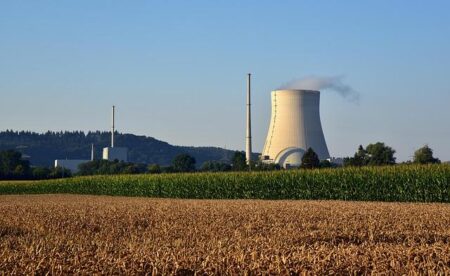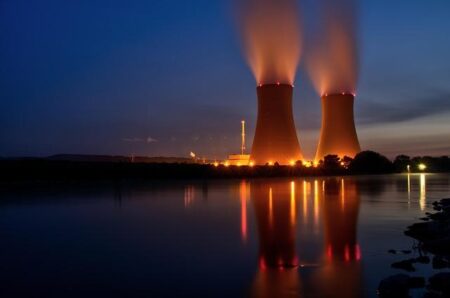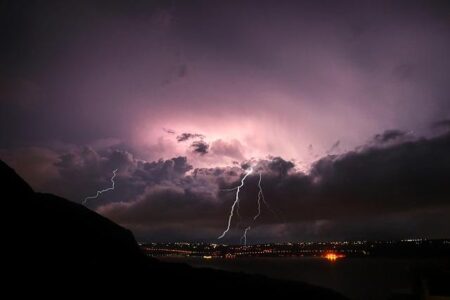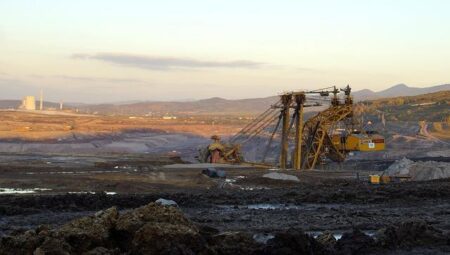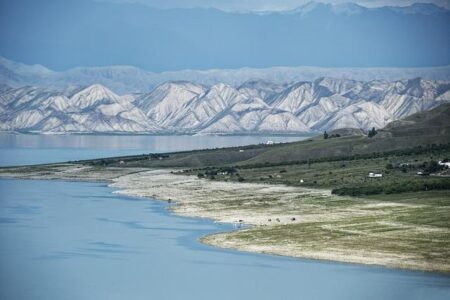Fifteen years after the Fukushima disaster, Japan stands at a pivotal energy crossroads. Wrestling with safety concerns amid soaring demand, the nation grapples with whether to restart its nuclear reactors or accelerate its bold transition to renewable energy sources
Browsing: energy policy
Eight European nations have been invited to join France’s nuclear cooperation framework. But Poland isn’t settling for just observer status – it’s determined to become a full partner and take on a crucial strategic role
Japan’s upcoming nuclear reactor restarts are set to dramatically cut the country’s reliance on natural gas for electricity, the U.S. Energy Information Administration reveals-signaling a powerful shift in Japan’s energy future
Q&A: The Merz government reveals an ambitious strategy to tackle Germany’s heating energy crisis head-on-focusing on swift renewable energy expansion, modernizing infrastructure, and ensuring every home enjoys affordable, sustainable warmth
India has just kicked off its very first diesel cargo shipment, boldly defying the EU’s sanctions on Russian fuel. This audacious step signals a crucial challenge to Europe’s sanctions regime, shaking up the rapidly evolving landscape of global energy trade
The Institute for Energy Economics and Financial Analysis (IEEFA) reveals fresh insights on India’s States’ Electricity Transition (SET) 2026, highlighting the dynamic progress and persistent challenges shaping the country’s bold move toward a cleaner, renewable-powered future
A major overhaul of Australia’s electricity payment system could leave vulnerable households hundreds of dollars worse off, experts warn. While the changes aim to modernize billing, they risk pushing costs even higher for low-income families
India is actively exploring innovative ways to boost natural gas usage during peak demand hours, aiming to guarantee a reliable power supply, officials revealed. This forward-thinking approach is designed to reduce outages and decrease reliance on coal as the nation’s energy demands continue to soar
Brazil has raised price caps for its upcoming backup capacity auction, igniting increased enthusiasm among investors eager to tap into power reserves. This bold strategy is designed to enhance grid reliability amid soaring energy demand, BNamericas reports
French President Emmanuel Macron passionately urged the creation of a unified European energy market and an interconnected grid, envisioning a stronger, more secure energy future amid rising global uncertainties, Reuters reports
Russia is rapidly expanding its nuclear power capacity, cementing its status as a global powerhouse in energy production. With state-of-the-art reactor technology and bold, ambitious projects underway, Russia is not only strengthening its energy security but also amplifying its influence on the world’s nuclear landscape
Greece and Malta are hesitating to support the EU’s proposed ban on oil-related services to Russia, sparking concerns over possible economic fallout and supply chain disruptions. Their reluctance introduces a fresh challenge to the drive for stronger sanctions
Australian ministers held 20 dynamic meetings with Japanese gas companies, highlighting a surge of intense lobbying from the fossil fuel industry. These high-profile interactions put the government’s commitment to climate goals under a sharp spotlight
If Australia and Indonesia team up to stop new thermal coal mines, they could unleash a powerful wave driving the global green revolution. This daring move would signal a historic shift in energy strategies, fueling a surge of investment in innovative renewable technologies
Legal setbacks for a major Amazon dam project have sparked a fierce debate over Brazil’s dependence on hydropower. As environmental worries clash with pressing energy needs, the country stands at a crossroads, grappling with how to protect its natural heritage while pursuing sustainable development
Germany’s economy minister has arrived in Saudi Arabia on a crucial mission to lock in a vital energy deal, seeking to boost supplies amid the volatility of global markets. These talks focus on building stronger partnerships to guarantee long-term energy security for the years ahead
Germany is gearing up to push for the end of mandatory gas storage targets once they expire in 2027, Bloomberg reports. This bold shift highlights changing energy strategies as Europe’s supply and demand landscape continues to evolve
Germany is set to revolutionize its hydrogen strategy, shifting from a flexible plan to a bold, focused mission. This ambitious leap aims to propel green energy leadership and elevate Germany’s influence on the global stage. With this decisive move, the future of clean energy in Europe is poised for a powerful transformation
Argentina is revolutionizing its energy landscape at FES 2026, accelerating investments and overhauling regulations to power a sustainable future. Strategic Energy Europe highlights the nation’s ambitious drive toward a cleaner, greener tomorrow
India is revolutionizing its energy future with massive investments in solar power, boldly breaking away from China’s coal-driven growth model. This dynamic shift catapults India to the cutting edge of clean energy innovation and sustainability


